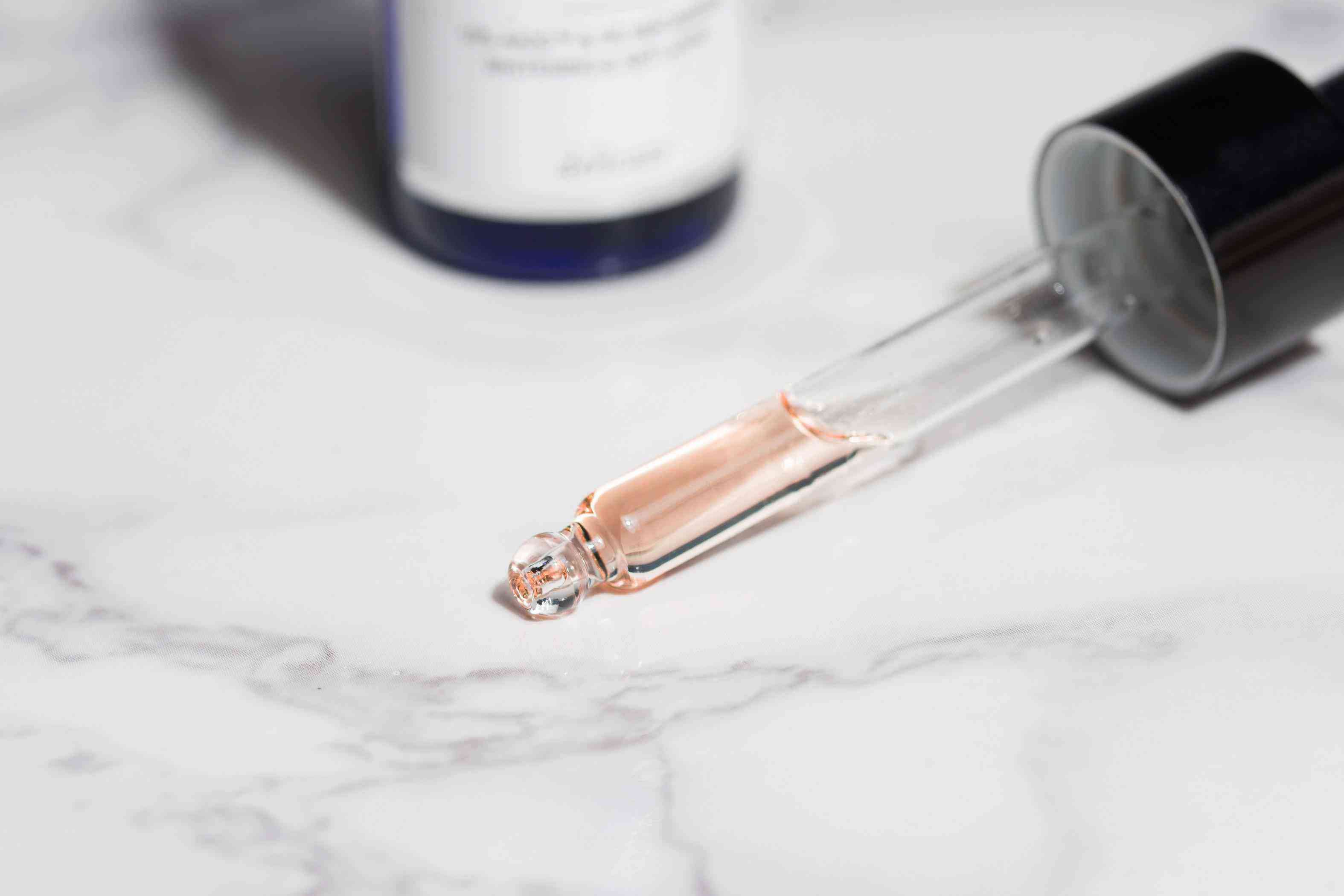 Do you have oily, shiny skin? Numerous treatment options exist to help tame the sebum excretion that causes skin to feel greasy and clogged, but there is no clear consensus on the most effective treatment regime to manage the condition.
Do you have oily, shiny skin? Numerous treatment options exist to help tame the sebum excretion that causes skin to feel greasy and clogged, but there is no clear consensus on the most effective treatment regime to manage the condition.Each treatment option comes with its own advantages and disadvantages, so it is worth understanding the options available and discussing them with your doctor in order to tailor a treatment protocol that works for you. We have broken down all of the skincare options currently available to help you on your way to finding the right treatment.
Retinol
Retinol is a vitamin A derivative, most commonly used in anti-ageing products to target wrinkling and hyperpigmentation. It builds collagen and firms up the skin to help keep pores tighter so that they create and excrete less oil.Niacinamide
Niacinamide is a form of vitamin B3 found in food and used as a dietary supplement and medication. Topically, 2 per cent niacinamide has been shown to significantly lower sebum excretion rates after two and four weeks of use. While topical niacinamide may be helpful for those of us with oily skin, further studies are needed to outline exactly how it works and the ideal treatment regime.Green tea
A wild card ingredient amongst the line up, topical cosmeceuticals containing green tea have proven beneficial for patients with oily skin. Studies have found that applying an emulsion of green tea to the skin can significantly reduce sebum production.L-carnitine
L-carnitine has become increasingly popular for lessening the appearance of oily skin. Naturally produced in the body, L-carnitine functions to augment process by which fatty acids are broken down. Topical 2 per cent L-carnitine has been shown to reduce excess sebum significantly.Isotretinoin
Also known as 13-cis retinoic acid, isotretinoin is an oral retinoid that has been proven to result in the greatest reduction of sebum among all other mentioned treatment options. Sebum production decreases by 90 per cent during oral isotretinoin therapy and offers some much-needed optimism for people with severely oily skin. This sizeable reduction in sebum production does not go without adverse effects, however. Most commonly, people experience generalised dry skin, chapped lips, dry eyes, and secondary skin infections.Spironolactone
Spironolactone has traditionally been used to treat high blood pressure, but it has become increasingly adopted by dermatologists to treat oily skin, acne, excessive hair and hair loss in women. Spironolactone has been shown to directly reduce sebum production when dosed 50 to 200mg daily. Known side effects of this treatment include menstrual irregularity.Oral contraceptives
Several studies have shown that oral contraceptives reduce facial oiliness. They work by decreasing ovarian and adrenal sex hormones, which stimulate sebum, and limit free testosterone. An important consideration prior to starting an oral contraceptive is the potential increased risk of deep vein thrombosis, although the newer oral contraceptives have lowered the oestrogen doses in an effort to eliminate this risk. Other side effects include nausea, breast tenderness, and breakthrough menstrual bleeding. It’s also not the treatment of choice if you’re planning to get pregnant.Botulinum toxin
Most widely known for smoothing out fine lines and wrinkles, botulinum toxin is a potent neurotoxin. In the same way that if muscles aren't activated, they won't constrict to form wrinkles; if glands aren't stimulated, they won't make sweat or oil. The toxin typically spreads about a centimetre from where it's injected and this diffusion explains its effectiveness in treating both oil and sweat glands, as well as muscles under the skin.As botulinum toxin relaxes the muscles in the skin, it’s not suitable for all areas of the face. While injections into the forehand can produce a naturally smooth looking complexion, botulinum toxin administered to the cheeks or chin, for example, may look less natural or cause unwanted loss of movement.
Lasers
There are numerous forms of laser treatments, which may be suitable for people with oily skin. The Studied have found that the use of a 1,450-nanometre diode laser can dramatically reduce excessive oiliness. One study found an 18 per cent reduction in sebum collected six weeks after three laser treatments of this kind. Research so far suggests that the diode laser is not the most effective of the treatment options available, but it offers a different approach for people who have exhausted other options.Consult your GP about the options available before beginning any course of treatment.
 By Miriam Christie
By Miriam Christie